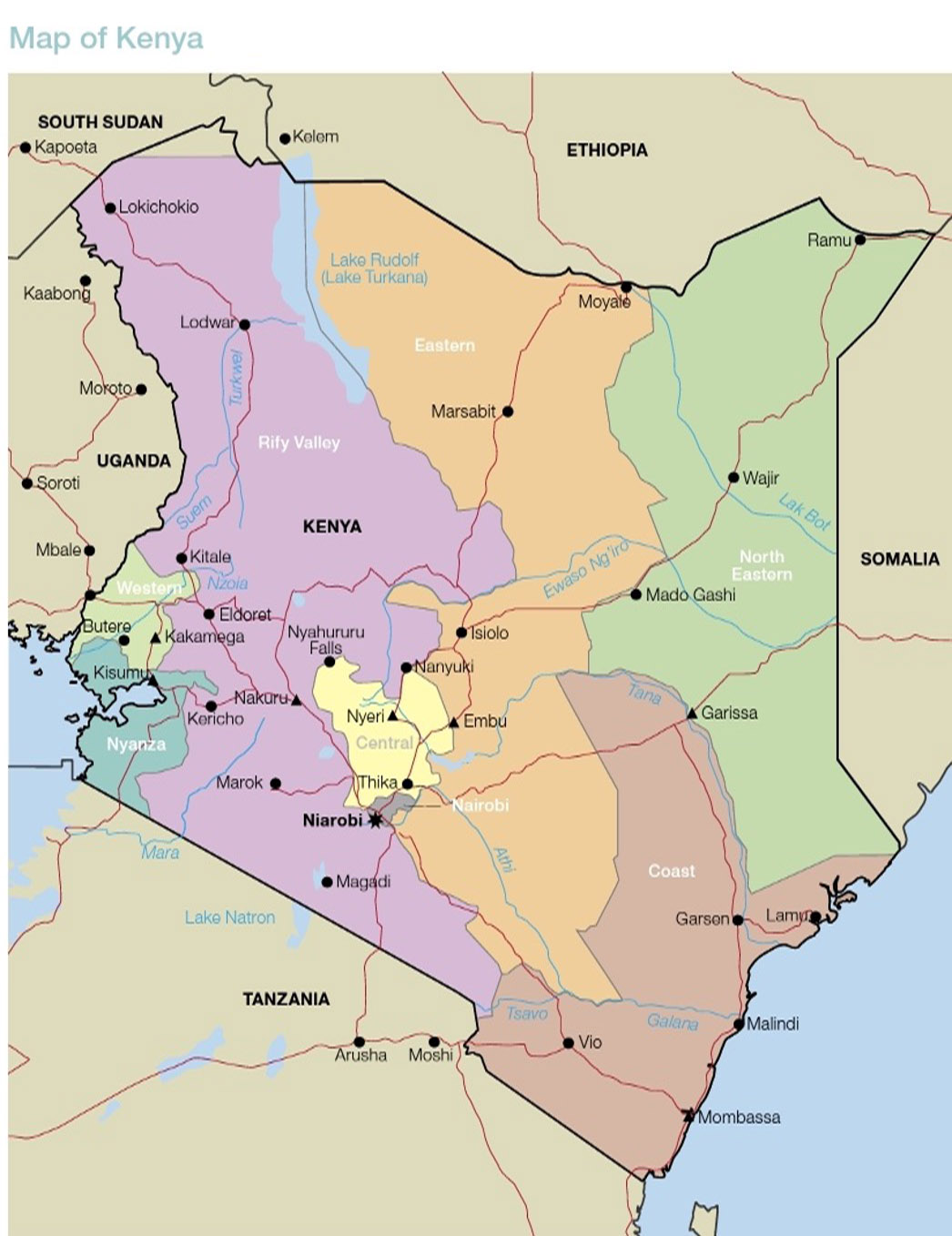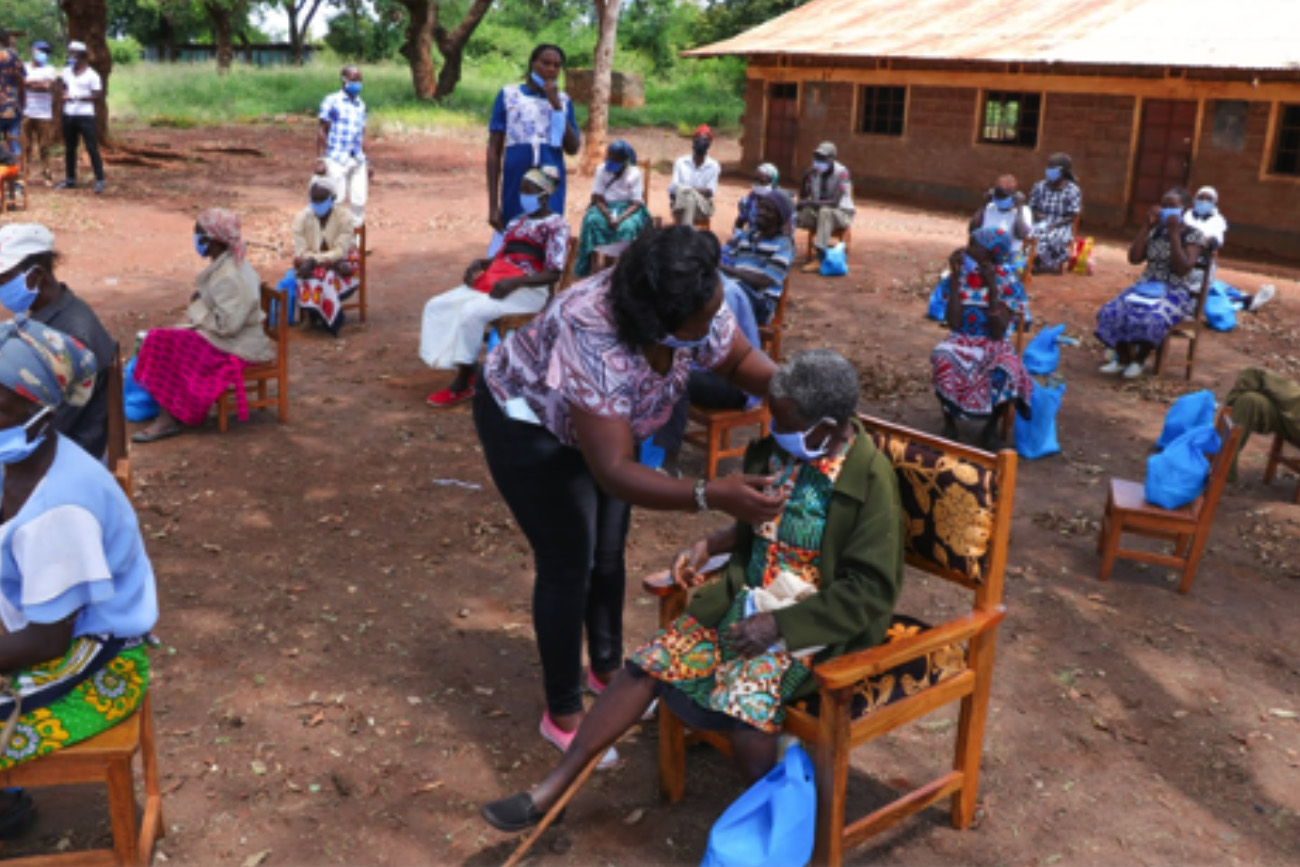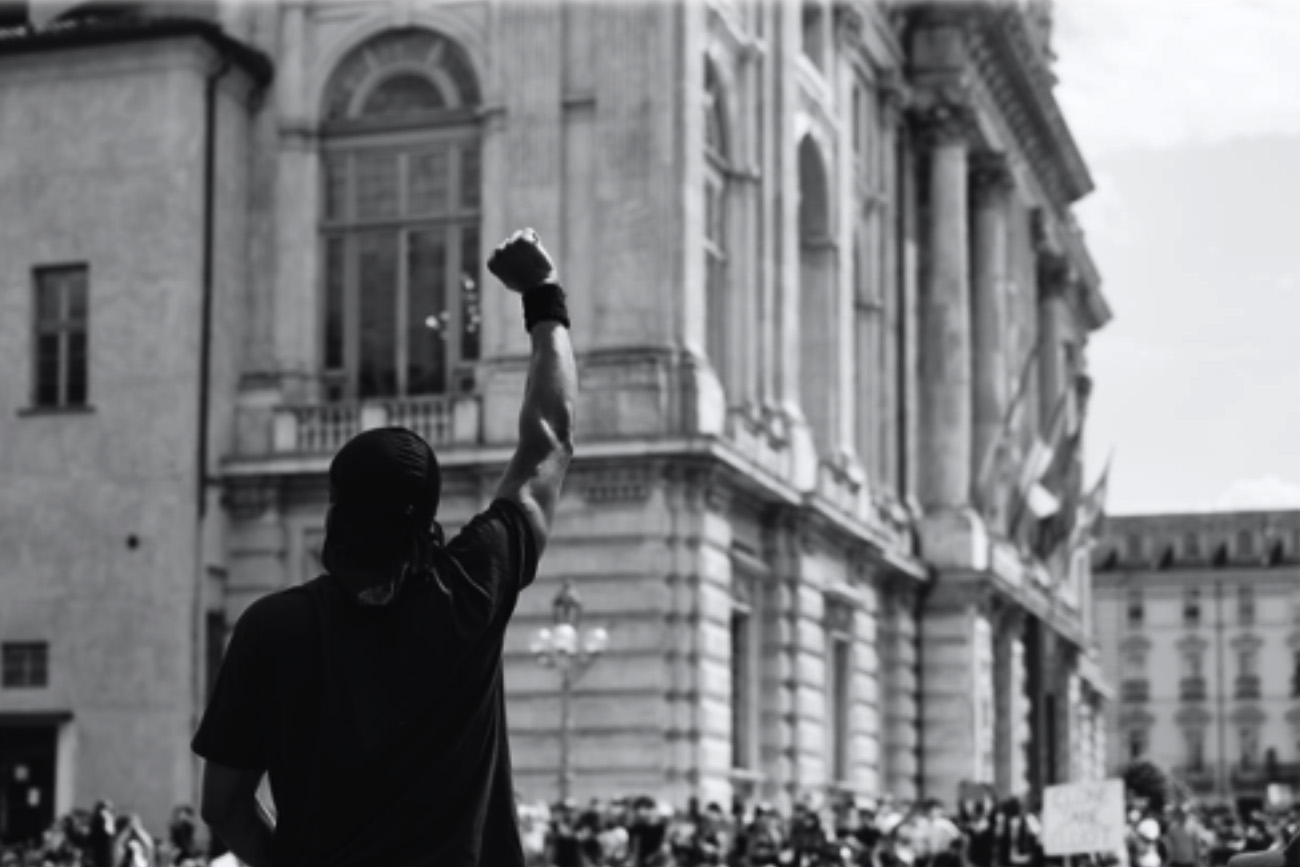Dithaba di a bua (The mountains speak): Drawing on our histories to make sense of our present
The Anti-Racism and the Gender Justice and Reconciliation Projects were in Calitzdorp, Western Cape from the 25th of October to the 3rd of November 2021. The underlying mandate of the projects was to conduct engaging and fruitful conversations and workshops with the community members of Calitzdorp on issues that relate to anti-racism and gender-justice.










